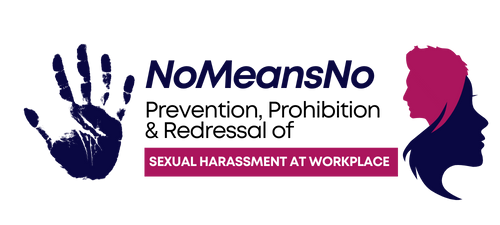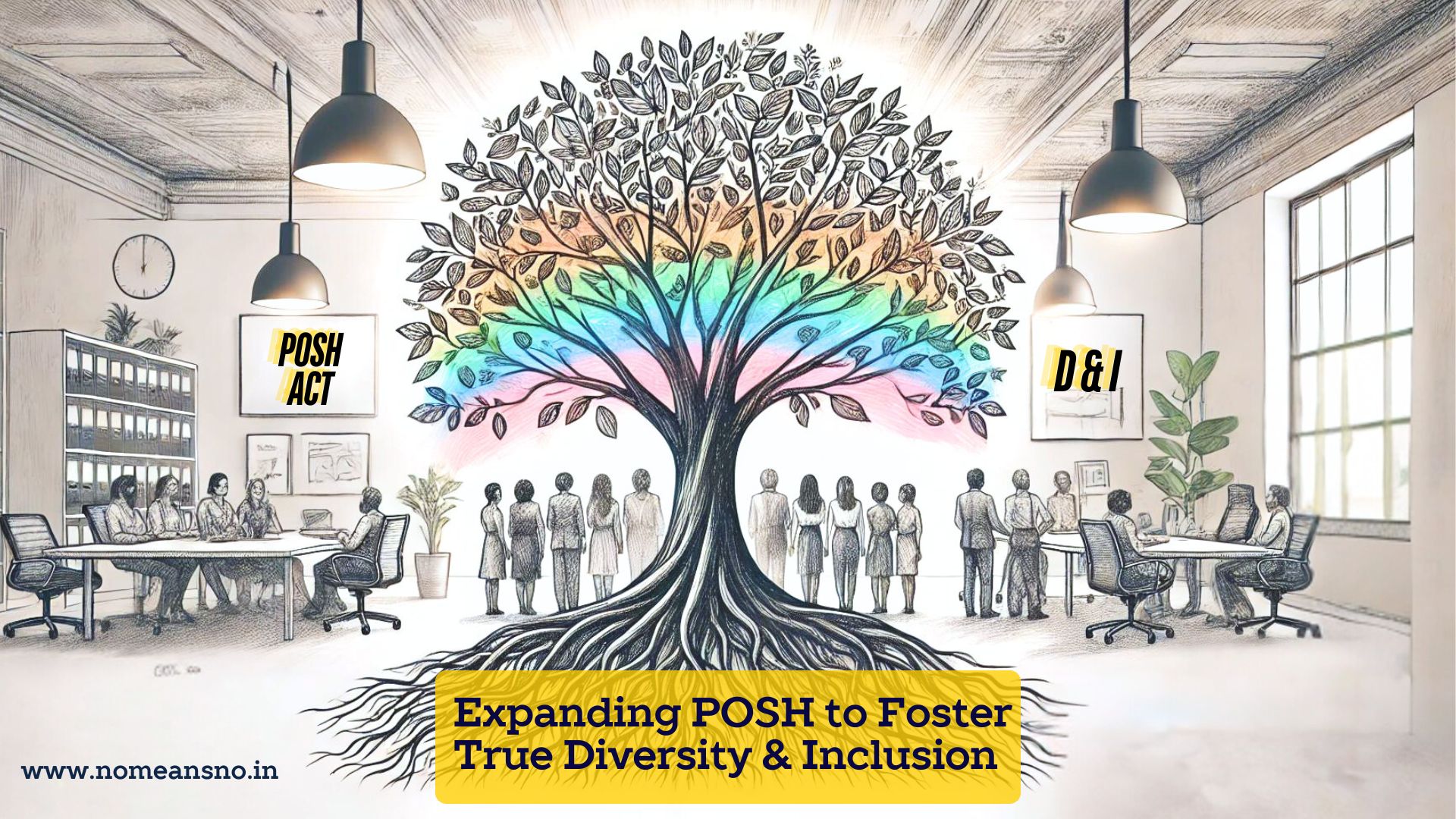I’ve always found that my thoughts flow best when I’m surrounded by nature. There’s something about the stillness of a forest or the open expanse of mountains that clears my mind. This morning, as I sat down with a cup of tea, watching the first rays of sunlight touch the snowcapped peaks of the Nanda Devi Range from a quiet village in Uttarakhand, my mind wandered to a topic that’s been lingering for a while—POSH compliance and the debate surrounding it. It’s a topic that comes up often during my work, and it has recently sparked a few conversations that I can’t shake.
Being in these natural surroundings, it feels easier to reflect on things, especially difficult topics like this one. The question I’ve been turning over in my mind is this: Why is the POSH Act—a law that’s meant to protect individuals from sexual harassment—only for women? It’s a question I hear often, and it’s sparked two very different responses. On the one hand, there are those who label the law as biased, claiming that it’s unfair in a world where we’re pushing so hard for equality, diversity, and inclusion in the workplace. And on the other hand, there are the staunch defenders of the law who believe expanding it could weaken its purpose.
The truth is, both sides make valid points. But as I reflect on it more deeply, especially after years of facilitating POSH training and conducting POSH compliance audits, I can’t help but feel there’s a missing piece in this conversation.
Let me explain.
During my training sessions, I’ve had the opportunity to speak with many people—employees from all levels of the organization, men, women, and members of the LGBTQ+ community. One recurring theme that has surfaced in these conversations is how people who have been hired through Diversity & Inclusion (D&I) initiatives often feel unsupported. They are recruited because they bring diversity to the table, but after the initial welcome, they sometimes find themselves in tough, even toxic environments.
I remember one individual—a young professional who had been recruited for a diversity role—telling me how, within weeks of joining, they became the subject of jokes and innuendos about their sexuality. The workplace didn’t feel safe, and there was no real POSH framework or support system to protect them from these subtle but damaging interactions. It was heartbreaking to hear. The intent of D&I was clearly there, but the protection to ensure inclusivity and safety was missing.
This experience, among many others, leads me to question why the POSH Act remains focused solely on women. I’ve even heard some experts in the field argue that making POSH policy gender-neutral would dilute the law’s original intent. They say it would undermine the struggle women went through to get the Act in place. And they’re right—at least partially.
The POSH Act was born out of years of suffering, harassment, and, sadly, countless unreported cases of violence. There were cases so horrific that they finally forced society to acknowledge the need for legal protection for women in the workplace. But here’s where I disagree with the purists of the law: The world is changing. The dynamics of harassment have shifted. Today, harassment isn’t just about sexual desire or attraction. More often than not, it’s about power. And power knows no gender.
I’ve seen this first-hand during my interactions with companies. In the past, power dynamics were very clear—men held the majority of power, and women were often the ones who suffered because of it. But as organizations have made strides in D&I, the power landscape has evolved. Power is no longer held by just one group. It’s shifting, and as it does, the potential for harassment—whether through subtle comments, jokes, or gestures—extends beyond just women. It can happen to anyone.
Should we wait for history to repeat itself? Should we wait for years of suffering, for cases of harassment against other genders and communities to pile up, before we act? It’s not just about protecting women anymore. It’s about creating a workplace where everyone—men, women, LGBTQ+ individuals—feels safe, valued, and respected.
The law, of course, needs to be respected, and the POSH Act is crucial. But organizations don’t have to stop there. They can go beyond the Act, integrating POSH compliance into their internal codes of conduct and HR policies, creating a culture where harassment of any kind is simply not tolerated.
At No Means No, we’ve always advocated for diverse Internal Committees (ICs)—committees that represent different genders and hierarchies within the organization. This diversity ensures that every voice is heard and that decisions are made with a broader perspective. POSH training shouldn’t just be a tick in the box; it should be a transformative process that helps organizations create workplaces that are truly inclusive.
As I sit here, watching the sun fully rise over the mountains, I can’t help but think—why wait? Why wait for the next crisis or public outcry? Let’s start now. Let’s create workplaces where everyone—regardless of gender, background, or identity—feels safe and empowered. Let’s make sure our POSH frameworks aren’t just about compliance but about real, meaningful change.
It’s time to look beyond POSH as just a legal requirement and see it for what it truly is—a way to build a better, safer, and more inclusive world of work for everyone.
And that, to me, is the real power of POSH compliance. It’s not just about following the law; it’s about leading the way.

Demystifying the Supreme Court’s POSH Act 2013 Directives
The Supreme Court of India has recently issued crucial directives concerning the Prevention of Sexual Harassment (POSH) Act 2013, providing directions for organizations and professionals alike. To help you unlock the full potential of these directives, we’ve created an easily understandable and accessible document that breaks down complex legal jargon into clear, actionable steps.



